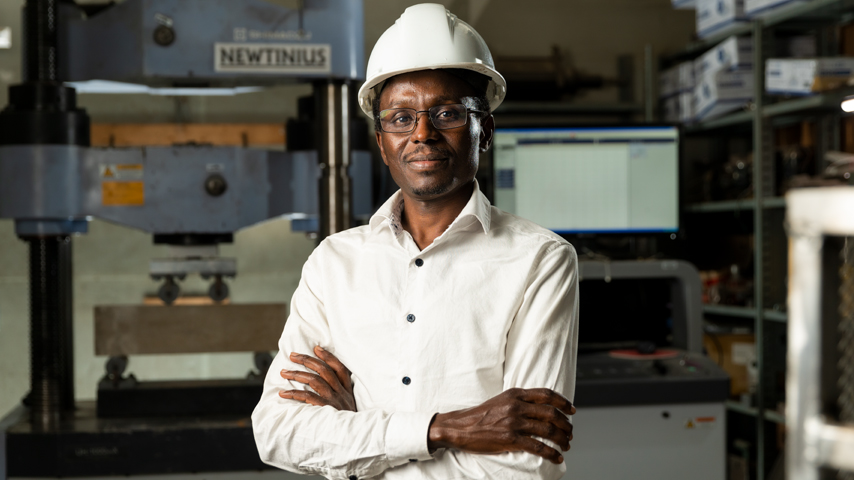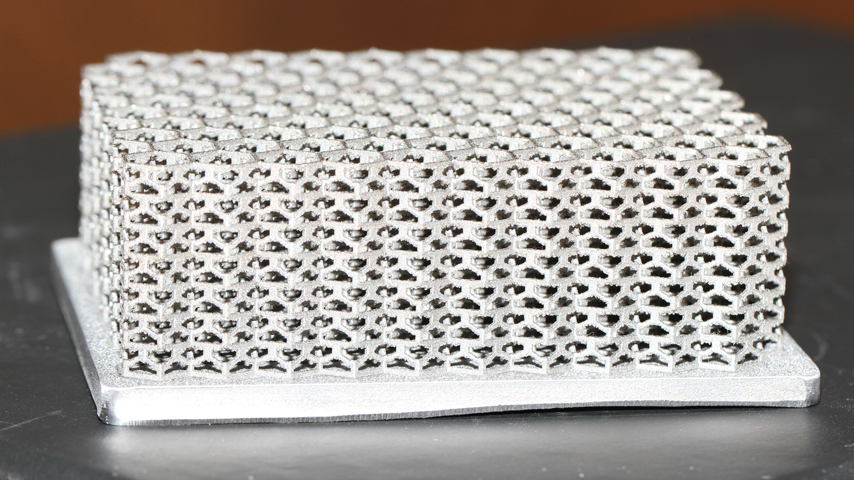Special Journal Issue on Well-being in the Built Environment
Special Journal Issue on Well-being in the Built Environment
The ASME Journal of Engineering for Sustainable Buildings and Cities is currently accepting manuscripts for a special issue focusing on the topic “Well-being in the Built Environment.” Authors who are interested in having their manuscripts included in the special issue, to be published in November 2021, should submit their manuscripts by February 1, 2021.
Americans spend approximately 90 percent of their time indoors, and the quality of the indoor environment directly impacts their well-being. A sense of well-being in the built environment is linked to productivity, performance, and employee recruitment and retention. It also helps reduce health risks, absenteeism, and associated costs. Poorly designed or controlled indoor environments are linked to some of the nation’s greatest public health concerns, such as obesity, cardiovascular diseases, diabetes, asthma, and depression as evidenced by studies on sick building syndrome (SBS), respiratory distress, discomfort, stress, and anxiety.
Until recently, well-being in the built environment has been largely neglected by the building community despite decades-long research on improving energy efficiency. However, with the recent COVID-19 pandemic, we are witnessing an increased level of attention on research on this subject. Building design, construction, operation, and use strategies that benefit rather than harm occupants are an engineering grand challenge. One reason for this challenge is the need for several, often siloed disciplines, including building science and technology, public health, measurement and data science, design and architecture, human-building interaction, social science, systems design and control, and computer science, to converge toward one unified goal.
This special issue aims at raising awareness on the emerging topic of well-being in the built environment. It will focus on interdisciplinary research in this field and will provide a venue for research findings from multidisciplinary perspectives.
Manuscripts to be included in the special issue should concentrate on a range of topics including well-being centric building design and operation; emerging methods for measurements of well-being in buildings; data science and artificial intelligence for well-being in built environments; novel human-building interactions for well-being in built environments; understanding impacts, including but not limited to environmental, social, culture, and financial, of well-being in buildings; building energy technologies to promote well-being in buildings; and sensing approaches and technologies to promote well-being in buildings.
Manuscripts should be submitted electronically to the journal by February 1, 2021, via Journals Connect at journaltool.asme.org. Authors who have an account should log in and select “Submit Paper” at the bottom of the page. Authors without an account should select “Submissions” and follow the steps. At the Paper Submittal page, authors should select “ASME Journal of Engineering for Sustainable Buildings and Cities” and then select the special issue “Well-being in the Built Environment.” Papers received after the deadline or papers not selected for inclusion in the special issue may be accepted for publication in a regular issue.
The guest editors for the special issue are Jin Wen, Professor of Civil, Architectural and Environmental Engineering, Drexel University, USA, jw325@drexel.edu; Burcin Becerik-Gerber, Dean's Professor of Civil and Environmental Engineering, University of Southern California, USA, becerik@usc.edu; Simi Hoque, Associate Professor Civil, Architectural and Environmental Engineering, Drexel University, USA, simi@coe.drexel.edu; and Zheng O’Neill, Associate Professor of Mechanical Engineering, Texas A&M University, USA, zoneill@tamu.edu.
For more information on the ASME Journal of Engineering for Sustainable Buildings and Cities, visit https://asmedigitalcollection.asme.org/sustainablebuildings. To learn more about the ASME Journal Program, visit www.asme.org/publications-submissions/journals/information-for-authors
Americans spend approximately 90 percent of their time indoors, and the quality of the indoor environment directly impacts their well-being. A sense of well-being in the built environment is linked to productivity, performance, and employee recruitment and retention. It also helps reduce health risks, absenteeism, and associated costs. Poorly designed or controlled indoor environments are linked to some of the nation’s greatest public health concerns, such as obesity, cardiovascular diseases, diabetes, asthma, and depression as evidenced by studies on sick building syndrome (SBS), respiratory distress, discomfort, stress, and anxiety.
Until recently, well-being in the built environment has been largely neglected by the building community despite decades-long research on improving energy efficiency. However, with the recent COVID-19 pandemic, we are witnessing an increased level of attention on research on this subject. Building design, construction, operation, and use strategies that benefit rather than harm occupants are an engineering grand challenge. One reason for this challenge is the need for several, often siloed disciplines, including building science and technology, public health, measurement and data science, design and architecture, human-building interaction, social science, systems design and control, and computer science, to converge toward one unified goal.
This special issue aims at raising awareness on the emerging topic of well-being in the built environment. It will focus on interdisciplinary research in this field and will provide a venue for research findings from multidisciplinary perspectives.
Manuscripts to be included in the special issue should concentrate on a range of topics including well-being centric building design and operation; emerging methods for measurements of well-being in buildings; data science and artificial intelligence for well-being in built environments; novel human-building interactions for well-being in built environments; understanding impacts, including but not limited to environmental, social, culture, and financial, of well-being in buildings; building energy technologies to promote well-being in buildings; and sensing approaches and technologies to promote well-being in buildings.
Manuscripts should be submitted electronically to the journal by February 1, 2021, via Journals Connect at journaltool.asme.org. Authors who have an account should log in and select “Submit Paper” at the bottom of the page. Authors without an account should select “Submissions” and follow the steps. At the Paper Submittal page, authors should select “ASME Journal of Engineering for Sustainable Buildings and Cities” and then select the special issue “Well-being in the Built Environment.” Papers received after the deadline or papers not selected for inclusion in the special issue may be accepted for publication in a regular issue.
The guest editors for the special issue are Jin Wen, Professor of Civil, Architectural and Environmental Engineering, Drexel University, USA, jw325@drexel.edu; Burcin Becerik-Gerber, Dean's Professor of Civil and Environmental Engineering, University of Southern California, USA, becerik@usc.edu; Simi Hoque, Associate Professor Civil, Architectural and Environmental Engineering, Drexel University, USA, simi@coe.drexel.edu; and Zheng O’Neill, Associate Professor of Mechanical Engineering, Texas A&M University, USA, zoneill@tamu.edu.
For more information on the ASME Journal of Engineering for Sustainable Buildings and Cities, visit https://asmedigitalcollection.asme.org/sustainablebuildings. To learn more about the ASME Journal Program, visit www.asme.org/publications-submissions/journals/information-for-authors



